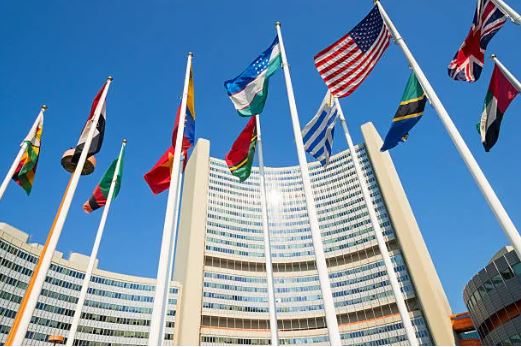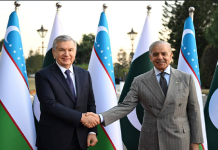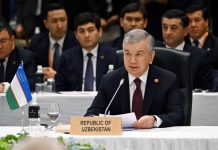At the UN, as an official document of the General Assembly has been distributed in English, Arabic, Spanish, Chinese, Russian, and French, highlighting the unique institution of mahalla in Uzbekistan.
According to the Permanent Mission of Uzbekistan to the UN, the document has been published in the organization’s journal in all its official languages and is widely distributed among member states and its structural divisions.
The official UN document is based on the Samarkand Declaration of the International Conference on the “Role of the mahalla in improving the living standards of the population”, held from October 2-5, 2024.
It provides a detailed overview of the role of mahalla as a unique institution that makes an invaluable contribution to ensuring social harmony and cohesion, promoting humanistic values among the youth, and strengthening intergenerational dialogue.
The UN-published document highlights that the consistent and systemic reforms being carried out in New Uzbekistan, on the initiative of President Shavkat Mirziyoyev, designed to raise the status of the mahalla in society, strengthen its role and expand its powers, and support its function as the primary and crucial entity for addressing the problems of residents.
It is particularly noted that the mahalla has become an active and influential social structure that involves all segments of society in carrying out reforms, a place where people can come to express their thoughts, proposals and problems and find solutions.
Special attention is given to the key role of mahalla in supporting women and girls, youth, and all aspects of public life, from business development and employment to poverty reduction and social assistance, and that the ultimate goal is to create decent living conditions for the population.
According to the UN document, it is essential to significantly strengthen the role of the mahalla in the efforts to achieve the United Nations Sustainable Development Goals. It is emphasized that UN structures, funds, and programs view the mahalla as an anchor for the best for children in this country and as a powerful platform to implement the Convention on the Rights of the Child.
“UNICEF sees the mahalla as a safe environment where boys and girls, including children with disabilities, can grow up healthy and well-fed, have access to clean water and sanitation, live free from bullying and violence, and breathe clean air. The United Nations Development Programme Office in Uzbekistan recognizes mahallas as an essential element of civil society and supports them through equity-based programmes”.
The document emphasizes the importance of strengthening international advocacy and raising global awareness of the unique mahalla system of self-governance, as well as developing cooperation with international self-governance organizations.
Dunyo IA






